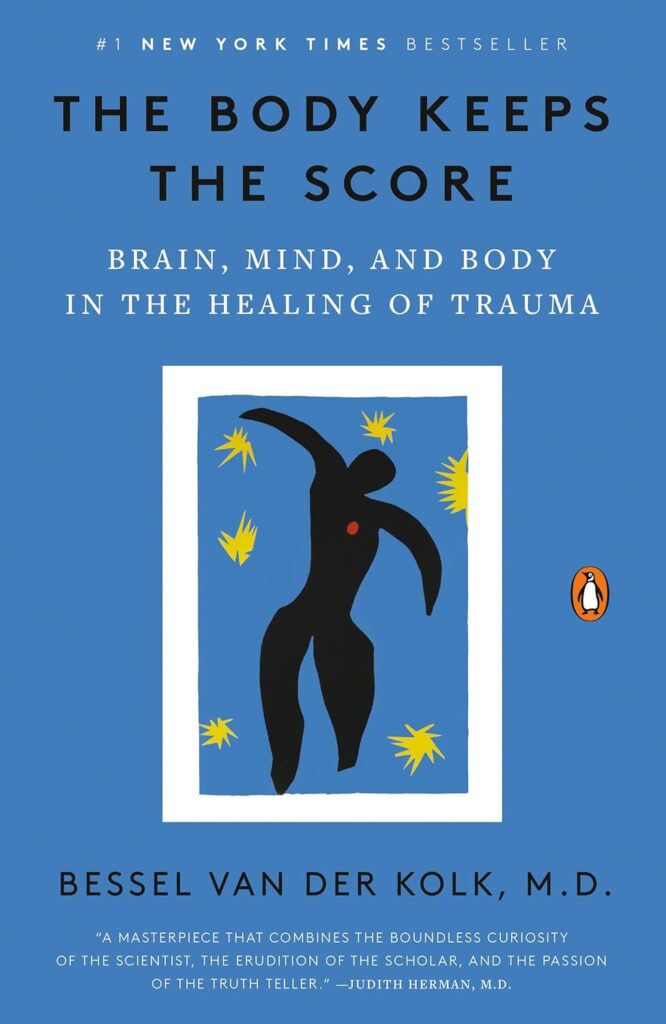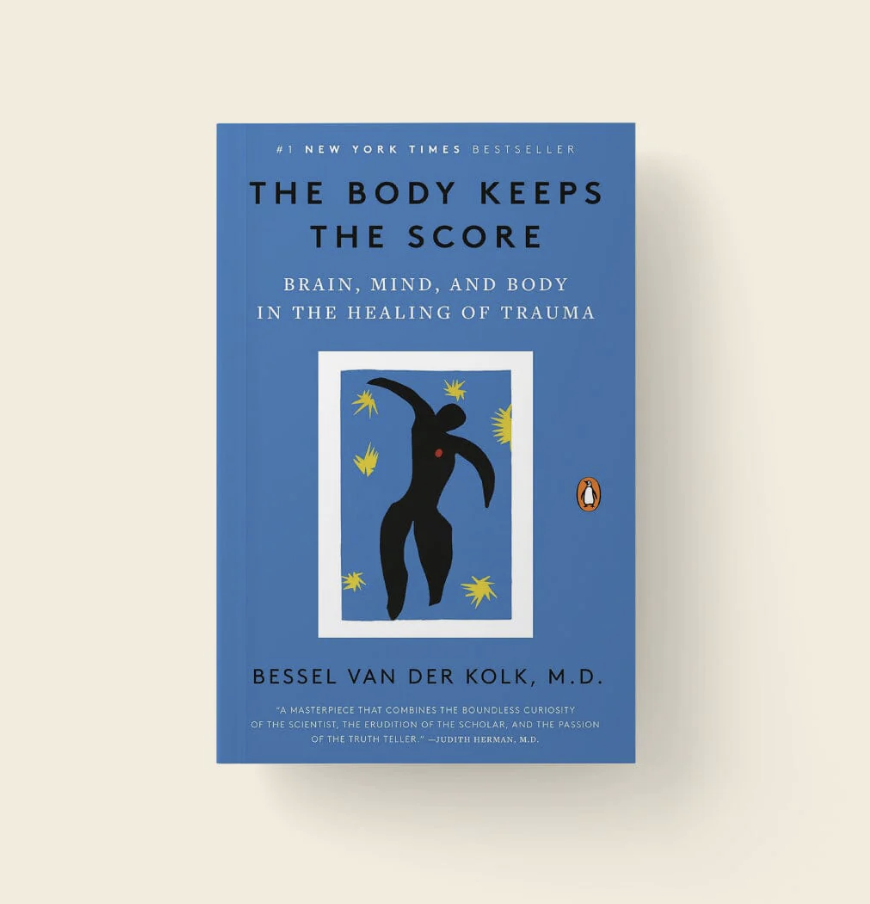
Basic Information
Title:The Body Keeps the Score
Author:Bessel van der Kolk
Target Audience
“The Body Keeps the Score” is ideally suited for individuals who have experienced trauma, whether acute or chronic, and are seeking understanding and healing. It is also valuable for mental health professionals, therapists, and counselors who work with trauma survivors, as it provides a wealth of knowledge on the neurobiological effects of trauma and various therapeutic approaches. For newcomers to the field, the book offers a comprehensive introduction to the complexities of trauma and its impact on the body and mind. For seasoned professionals, it serves as a resource for innovative treatment methods and deepening their understanding of the subject. The book’s potential value lies in its ability to foster self-awareness, guide trauma processing, and promote healing, making it a must-read for anyone touched by trauma.
Content Summary
“The Body Keeps the Score” is a groundbreaking exploration of the profound impact of trauma on the human psyche and body. Below are the key takeaways from the book.
1. The Embodiment of Trauma
- Summary: Trauma is not just a psychological event but has deep physiological roots, affecting the body’s stress response and nervous system.
- Excerpt: “Trauma affects not only those who are directly exposed to it, but also those around them.”
2. The Impact of Overwhelming Experiences
- Summary: The book discusses how experiences like war and abuse can overwhelm the brain’s capacity to process information, leading to lasting changes in behavior and cognition.
- Excerpt: “The impact of overwhelming experience can only be truly understood when many disparate domains of knowledge… are integrated.”
3. Neuroscience and Trauma
- Summary: Van der Kolk pioneers the integration of neuroscience with trauma treatment, revealing how trauma physically alters the brain.
- Excerpt: “There is no other volume in the field of traumatic stress that has distilled these domains of science with such rich historical and clinical perspectives.”
4. The Legacy of Vietnam Veterans
- Summary: The book provides a poignant look at the long-term effects of war on veterans, highlighting the unique challenges they face in reintegrating into society.
- Excerpt: “Tom… became a platoon leader, in charge of eight other Marines. Surviving… can leave people feeling pretty good about themselves—and their comrades.”
5. The Role of the Body in Healing
- Summary: Physical experiences and therapies, such as yoga and movement, are shown to be critical in the healing process for trauma survivors.
- Excerpt: “We can now develop methods and experiences that utilize the brain’s own natural neuroplasticity to help survivors feel fully alive in the present.”
6. The Complexity of Treatment
- Summary: Van der Kolk emphasizes that there is no one-size-fits-all approach to treating trauma, and a combination of therapies often works best.
- Excerpt: “Each one of them can produce profound changes, depending on the nature of the particular problem and the makeup of the individual person.”
7. The Importance of Self-Regulation
- Summary: The book underscores the significance of self-regulation in managing the effects of trauma and the necessity of developing coping mechanisms.
- Excerpt: “They also help us understand why traumatized people so often keep repeating the same problems and have such trouble learning from experience.”
8. The Interplay of Mind and Body
- Summary: Van der Kolk’s work reveals the inseparable connection between mental health and physical well-being, especially in the context of trauma.
- Excerpt: “The body does keep the score, and Van der Kolk’s ability to demonstrate this through compelling descriptions…”
9. Innovative Approaches to Therapy
- Summary: The text introduces novel therapeutic methods, such as EMDR and neurofeedback, offering hope for new paths to recovery.
- Excerpt: “There are fundamentally three avenues: … 3) bottom up: by allowing the body to have experiences that deeply and viscerally contradict the helplessness, rage, or collapse that result from trauma.”
10. The Collective Journey Toward Healing
- Summary: Van der Kolk invites readers to join him in understanding and addressing the widespread issue of trauma, advocating for societal commitment to prevention and treatment.
- Excerpt: “I wrote this book to serve as both a guide and an invitation—an invitation to dedicate ourselves to facing the reality of trauma…”
Overall Rating and Recommendation Summary
92/100
“The Body Keeps the Score” is a seminal work in the field of trauma and its treatment. As an expert in the field, I highly recommend this book for its profound insights into the neurobiological effects of trauma and its innovative approaches to healing. Van der Kolk masterfully bridges the gap between science and the human experience, offering both professionals and trauma survivors a rich understanding of trauma’s impact and potential pathways to recovery. The book is engaging, well-structured, and a must-read for anyone seeking to comprehend the complexity of trauma and the promise of holistic healing.




